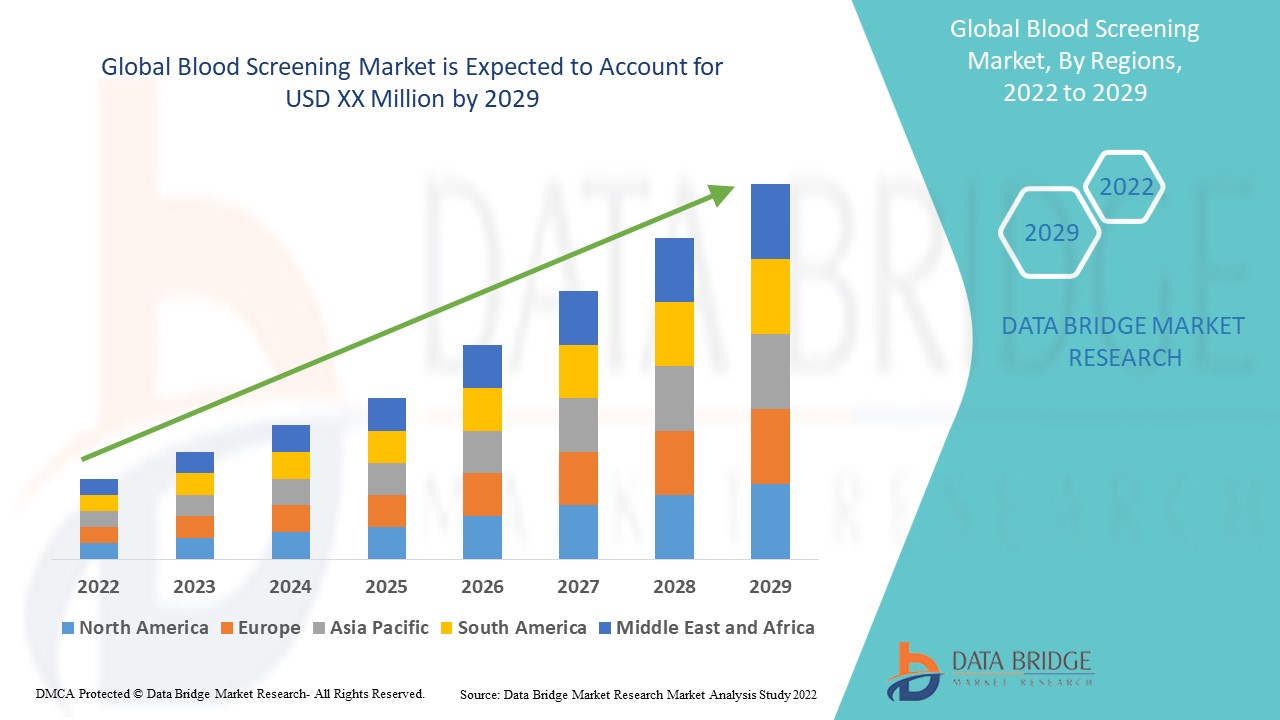Businesses thrive on efficient and innovative IT operations, requiring effective IT strategic project management. This targeted approach ensures your IT initiatives align with broader business goals, leading to successful project implementation and enhanced long-term value.
Here are the key components of successful IT strategic project management in Toronto:
-
Clear Vision and Alignment:
Start with the “why.” Define a clear vision for your IT project, outlining its purpose and how it aligns with the overall business strategy. This vision should be communicated effectively to all stakeholders, ensuring everyone understands the project’s value and desired outcomes.
Embrace collaboration. Engage key stakeholders, including senior management, business users, and IT teams, in the planning process. This collaborative approach fosters buy-in, identifies potential challenges early on, and ensures everyone is on the same page.
-
Comprehensive Planning and Resource Allocation:
Break down the big picture. Divide the project into manageable phases and activities, creating a detailed project plan with defined milestones, timelines, and dependencies. This roadmap helps track progress, identify potential roadblocks, and adjust strategies as needed.
Secure the right resources. Assess the project’s resource needs, including personnel with the necessary technical expertise and relevant experience. Leverage internal talent or consider partnering with managed IT services providers in Toronto if specific skills are lacking.
-
Effective Risk Management and Mitigation:
Proactive identification. Identify potential risks associated with the project, such as resource constraints, technical complexities, or unforeseen changes in technology. Analyze the severity and likelihood of each risk and develop mitigation strategies to minimize their impact.
Continuous monitoring and adaptation. Regularly assess the project’s progress against the plan and identify any emerging risks. Be prepared to adapt your approach as needed to maintain project momentum and achieve desired outcomes.
-
Robust Communication and Stakeholder Engagement:
Transparency is key. Regularly communicate project progress, updates, and potential challenges to all stakeholders. This open communication fosters trust, addresses concerns promptly, and keeps everyone informed.
Utilize the right communication channels. Employing appropriate communication tools, such as project management software, collaborative platforms, and regular meetings, ensures everyone receives critical information efficiently.
-
Continuous Improvement and Learning:
Embrace feedback. Actively solicit feedback from stakeholders throughout the project lifecycle. This input helps identify areas for improvement and ensures the project is delivering value to all involved.
Learn from experience. Conduct a post-project review to analyze successes, challenges, and lessons learned. This information can be invaluable for future IT projects, enabling continuous improvement and a more efficient approach.
Leveraging Managed IT Services for Success:
Toronto’s robust managed IT services landscape offers valuable expertise and resources to support your IT strategic project management efforts. These providers can assist with:
- Resource augmentation: Filling skill gaps by providing experienced IT professionals to supplement your in-house team.
- Risk mitigation: Offering proactive monitoring and incident response services to identify and address potential issues before they escalate.
- Technology expertise: Bringing specialized knowledge and experience with various IT solutions to ensure project feasibility and success.
By incorporating these key components and potentially partnering with managed IT services, businesses in Toronto can navigate the complexities of IT strategic project management and achieve long-term success. Remember, clear planning, effective communication, and a proactive approach are essential ingredients for delivering impactful IT projects that drive business value in the dynamic Toronto tech environment.
















